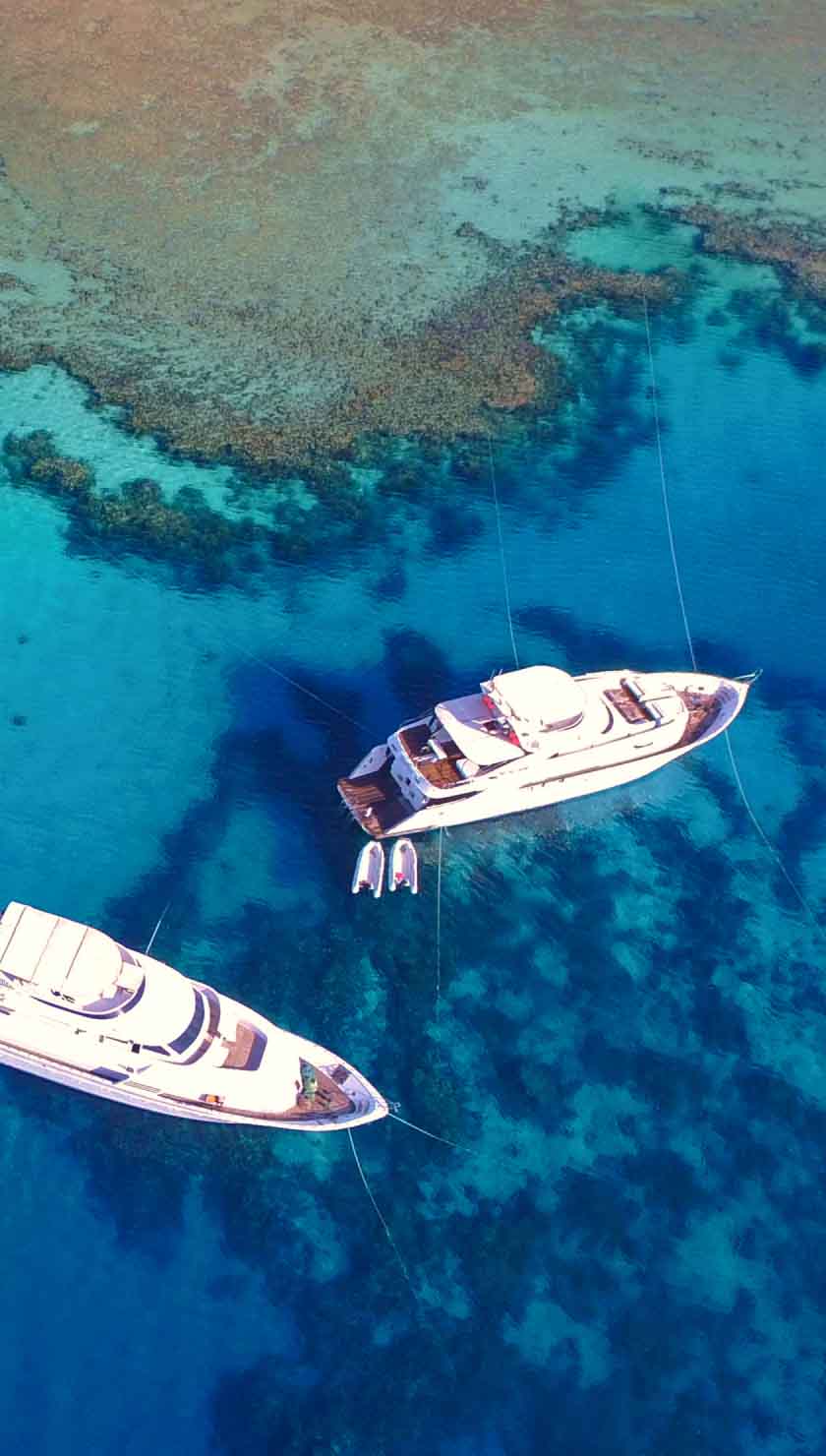Our ten best tips for night diving.

Diving in the dark? Sounds crazy, right?
Maybe if you’ve never dived at night, then yes the thought of diving in the dark can be a little daunting. But if you’ve experienced the wonders of diving after the sun goes down then you’ll know just how fantastic an experience it is. The underwater world is completely transformed after dark, and night diving is totally different to diving during the day.
Night diving allows you to really appreciate what you’re seeing underwater. During the day, when the sunlight shines through the water, it’s easy to scan ahead of you and see for long distances (particularly in good visibility). At night, you can only see what the beam of your torch lights up, meaning you focus on what is directly in front of you. Site’s you’ve dived a hundred times can look completely different at night, and you’ll see a whole host of critters you don’t usually get to see. Our top tips for night diving are listed below.
1. Dive the site during the daylight hours
Usually, liveaboards will ask that you jump in for a dive during the day prior to the night dive. Even if it’s not required, we highly recommend exploring the site while the sun is still up. Doing so will make you far more comfortable during your night dive as you’ve already explored the area once, and you’ll know if you need to adjust any of your scuba equipment or add additional weight prior to your evening scuba session.
2. Be comfortable with your equipment
Trying out a brand new rig of scuba gear on a night dive is a bad idea! When diving at night, you want to be confident and comfortable with your scuba equipment, which is another reason diving the site during the day is so important. You want to be sure your scuba gear fits properly, your torch is working (practice turning it on and off before you jump in) and you are correctly weighted.
3. There’s no need to go deep
If you’re a newbie to night diving, stay in the shallow depths. Even if you’re an old hand at night diving there’s not a big need to dive deep, especially if you’ve been in and out of the water all day. During night dives, you can only see what is illuminated in the light of your torch beam so depth and visibility do not impact dives as much as during the day. Keep your dive shallow and appreciate the vibrant colours and marine life that you only have a chance to see during the night.
4. Bring a backup torch
If you don’t have your own torch, plenty of liveaboards provide torchers for night dives or have them available for hire. Some will even give you a spare torch too. Having a back-up torch will ensure no faulty batteries or torch problems will leave you in the dark. Strapping a tank light or glowstick to your tank is a great idea, as you can locate the rest of your dive group. Tank lights are a more reef-friendly choice, as there’s no chance of them breaking open underwater and polluting the reef.
5. Listen to your guide
If you’ve night dived a hundred times or it’s your very first time, listening to the dive guide is important. You’ll not only learn about the different signs and signals used during night dives and emergency protocols, but most dive masters are knowledgeable about the local marine life and will share the best places to see the creatures that come out after dark.
6. Never be embarrassed to ask for help
Don’t feel ashamed to ask for help if you’re feeling a bit nervous prior to a night dive. Dive professionals are trained and experienced at ensuring diver safety both during the day and night, and normally appreciate divers sharing their worries so they can assist accordingly.
7. Start splash time just before the sun disappears
Even if the sun is still in the sky when you’re asked to gear up, don’t worry. Light disappears a lot faster underwater than above it, so if you jump in before the sun is completely gone you’ll be able to slowly ease into the night dive as the sun sets, rather than heading into the water when it’s pitch black.
8. Stick with your buddy
Night dives can sometimes feel a little chaotic, with arms and legs flying everywhere. Stick close to your buddy and make sure you keep them within a few metres, but don’t be afraid to give yourself a little space. You’ll find you enjoy the dive more if you have a little room to move, yet can still easily locate your dive buddy.
9. Let the sea life snooze
Spotted a sea turtle taking a nap? Sea turtles will slow their heart rate right down when they sleep, so if they are woken up by a bright torch beam to the eyes they’ll have to head to the surface for a gulp of air. During this time they can become stressed and disorientated, so the best thing to do is to keep an eye on where you’re shining your torch beam. Avoid pointing your torch at any fellow divers or sea creatures eyes during night dives, if you want to avoid grumpy sea turtles or dive buddies.
10. Relax and enjoy
Our biggest tip for night diving? Breathe in, breathe out, relax and enjoy the experience. Night diving is incredible, and you’ll have the chance to dive with animals you never get to see during the day.










